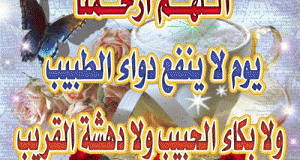Ramadan is the ninth month of the Islamic calendar, and a time when Muslims across the world will fast during the hours of daylight.
Ramadan is the fourth of the five pillars of Islam.
The Qur'an was first revealed to the Prophet Muhammad during this month. The actual night that the Qur'an was revealed is a night known as Lailut ul-Qadr ('The Night of Power').
How do Muslims keep Ramadan?
Man reading the Qur'anAlmost all Muslims try to give up bad habits during Ramadan, and some will try to become better Muslims by praying more or reading the Qur'an.
Many Muslims will attempt to read the whole of the Qur'an at least once during the Ramadan period. Many will also attend special services in Mosques during which the Qur'an is read.
Fasting is intended to help teach Muslims self-discipline, self-restraint and generosity. It also reminds them of the suffering of the poor, who may rarely get to eat well.
It is common to have one meal (known as the suhoor), just before sunrise and another (known as the iftar), directly after sunset.
Because Ramadan is a time to spend with friends and family, the fast will often be broken by different Muslim families coming together to share in an evening meal.
Eid ul Fitr
The end of Ramadan is marked by a big celebration called 'Eid-ul-Fitr', the Festival of the Breaking of the Fast.
Muslims are not only celebrating the end of fasting, but thanking Allah for the help and strength that he gave them throughout the previous month to help them practise self-control.
The festival begins when the first sight of the new moon is seen in the sky.
There are special services out of doors and in Mosques, processions through the streets, and of course, a special celebratory meal - eaten during daytime, the first daytime meal Muslims will have had in a month.
Eid is also a time of forgiveness, and making amends.
During Eid-ul-Fitr Muslims dress in their finest clothes, give gifts to children and spend time with their friends and family.
At Eid it is obligatory to give a set amount of money to charity to be used to help poor people buy new clothes and food so they too can celebrate.
 ]
]

تعليق